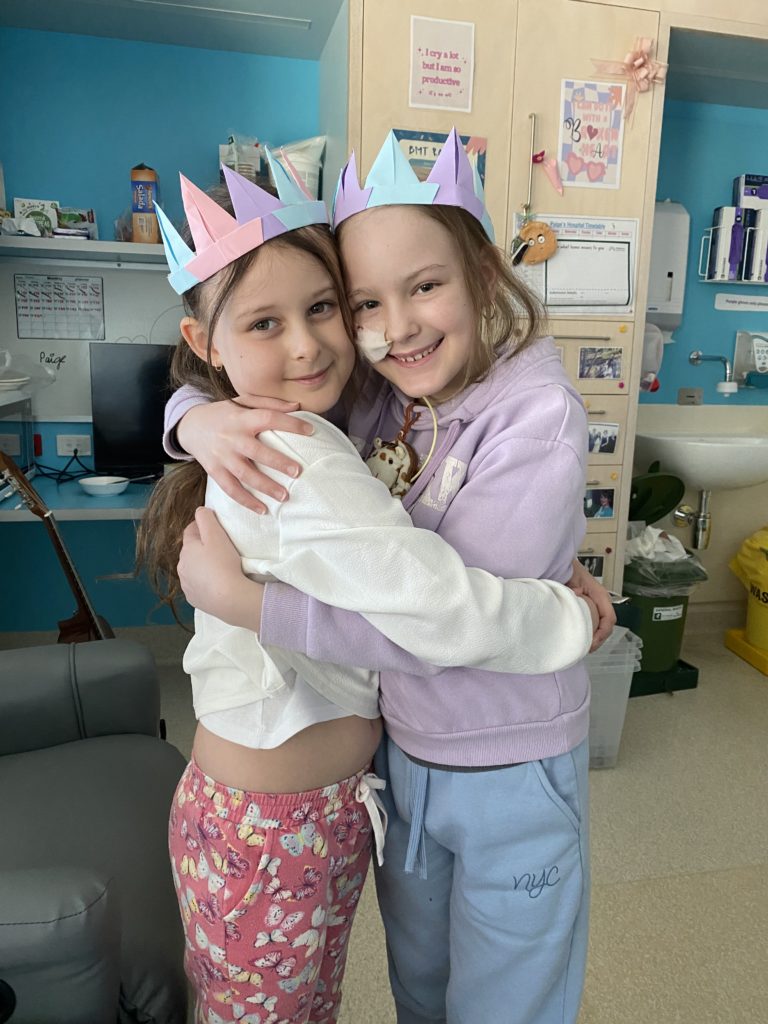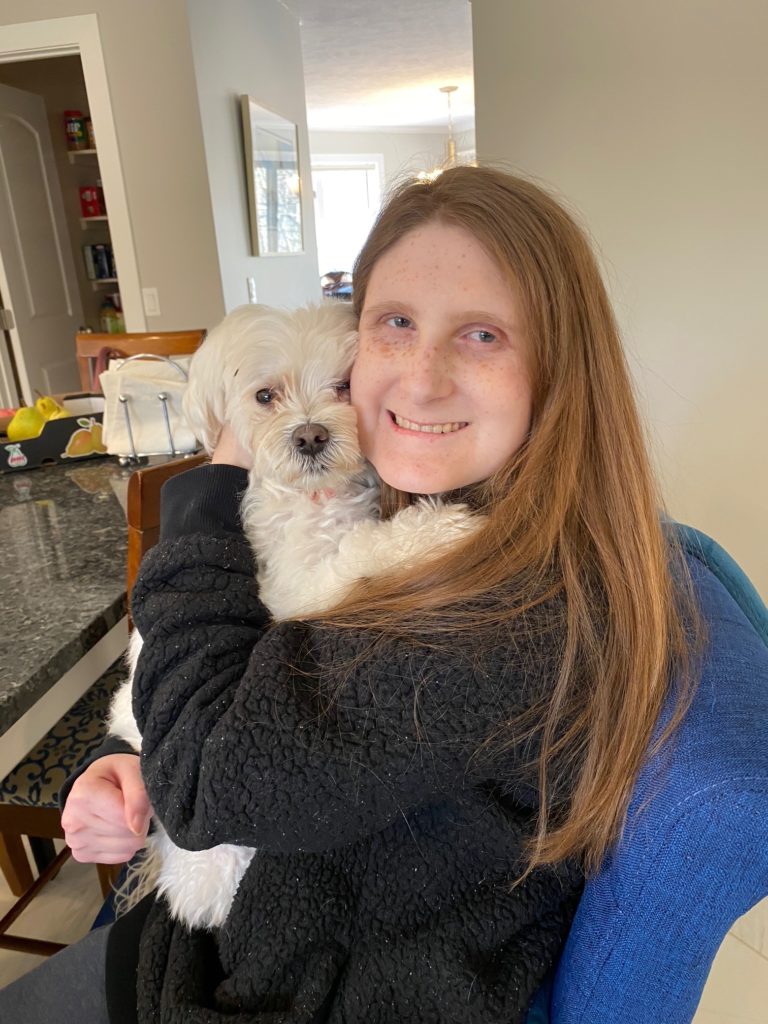Research is the answer to one day making FA a treatable, manageable disease. Here, you'll discover the most recent strides in FA research and activities funded by FCF. Every quarter, we'll bring you updates on newly funded grants, ongoing projects, and significant milestones.
Supported Research
Cancer Prevention in Fanconi Anemia through Alleviating Formaldehyde Genotoxicity
Amount Funded: $488,000
In collaboration with the American Association for Cancer Research, a global leader in cancer research, we’ve presented Dr. Wang with the 2024 Fanconi Cancer Foundation-AACR NextGen Grant for Transformative Cancer Research. Through this groundbreaking work, Dr. Wang seeks to prevent cancer in patients with Fanconi anemia (FA) by targeting specific nutritional and metabolic pathways.
The accumulation of DNA damage and genetic mutations ultimately causes cancer. This process is greatly accelerated in children and young adults with FA. A recent advancement in the field is the discovery that our bodies produce high quantities of reactive chemicals called aldehydes, which cause DNA damage in FA patients. In this project, Dr. Wang will leverage mouse models and FA patient samples to study the nutritional and metabolic pathways that regulate aldehyde production, with the aim of targeting these pathways as novel cancer prevention strategies for FA patients.
Researchers: Meng Wang, MD, PHD
Cancer Prevention in Fanconi Anemia through Alleviating Formaldehyde Genotoxicity
The Latest
News & Events


What I hope for most is a cure. And until then, I hope for Paige and others with FA to live lives as close to normal as possible, filled with opportunity, independence, and happiness.

Fear and sadness are embedded with Fanconi anemia (FA), yet I have always tried to have a hopeful tone to my essays thinking of the effect on the families who read it. This one is no different. I lost my gutsy 24-year-old daughter Tara in September. She was created by God for purpose. I always told her she brought out the best in people.

